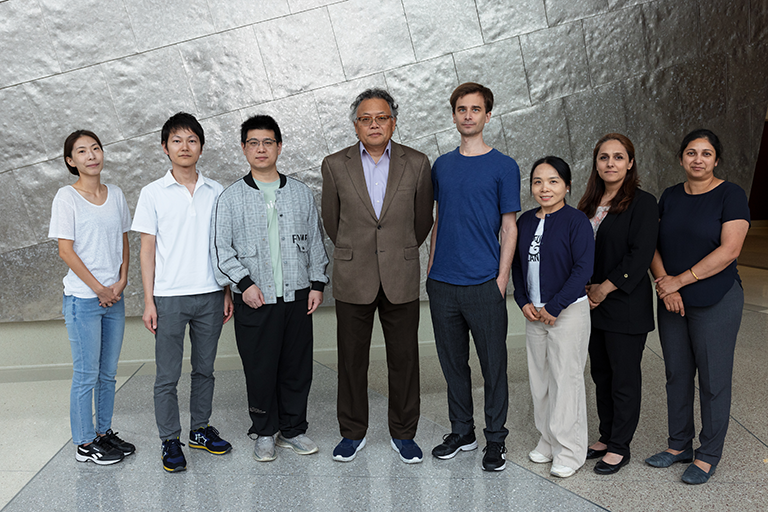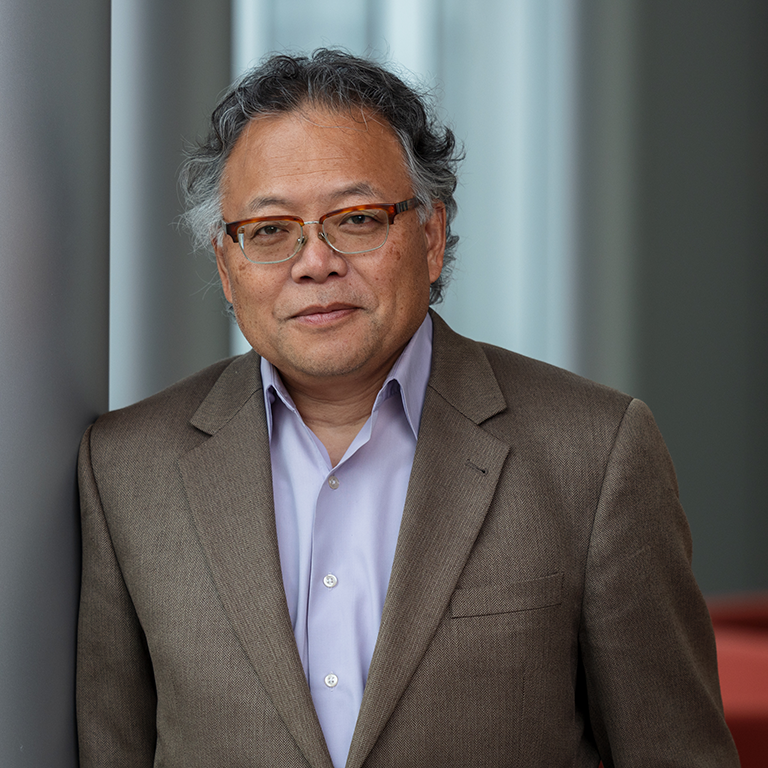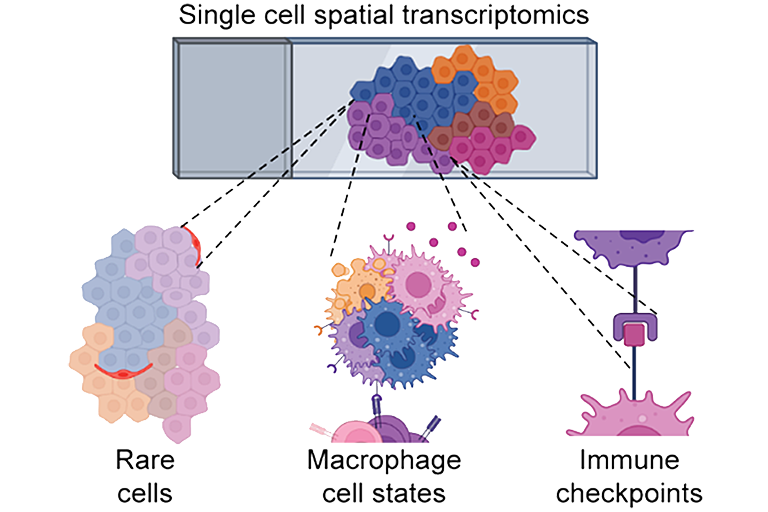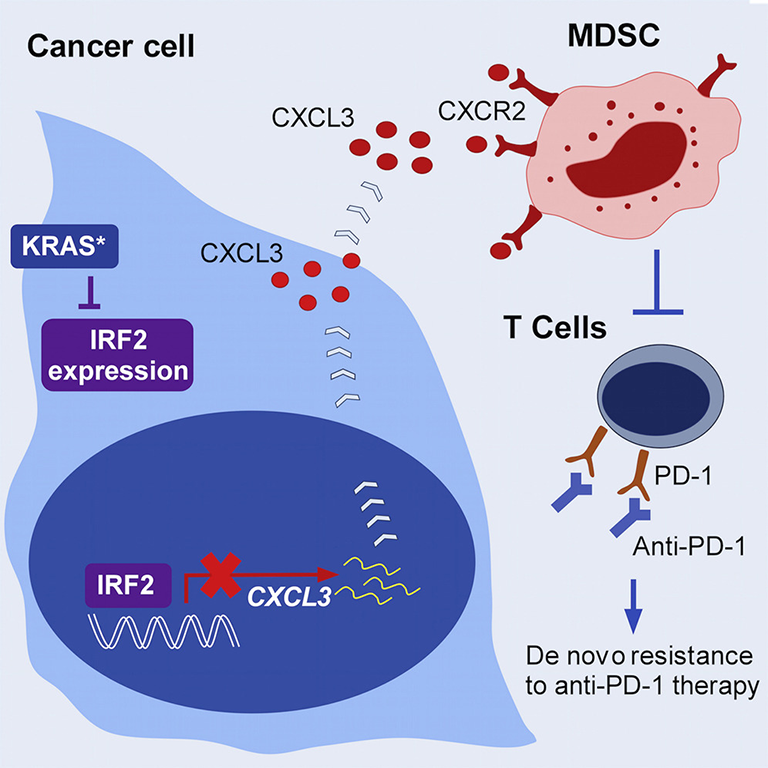Overcoming resistance to immunotherapy
Because only a subset of cancer patients benefit from immunotherapy, there is a growing need to identify predictive biomarkers and intrinsic resistance mechanisms to improve clinical efficacy.
We recently developed a network approach which has successfully identified genes and pathways known to be associated with anti-PD1 response:
- We found that MHC1- association prediction uncovered ~2,000 genes showing strong correlation with immune infiltration using the TCGA Pan Cancer data.
- On average, about 400 genes were identified in a given cancer type.
Five distinct cancer types (GBM, prostate, melanoma, colon, and pancreatic) will be screened by targeted CRISPR libraries in vivo for sensitizers to PD1 treatment. Additional bioinformatic approaches will be explored to identify sensitizers for other immune checkpoints.
















